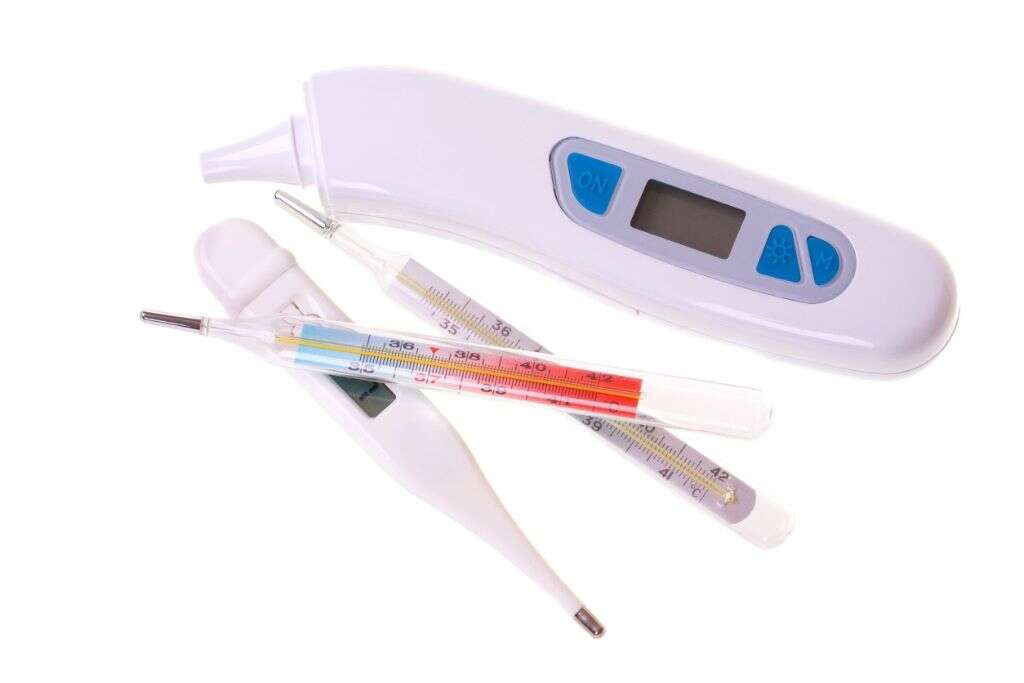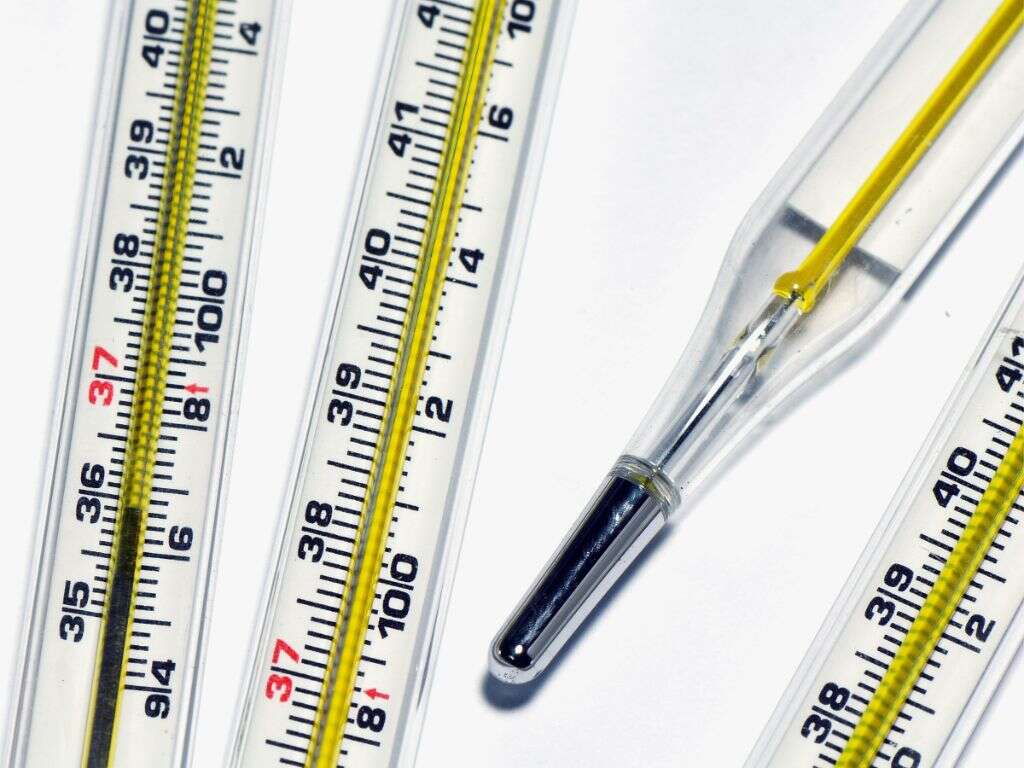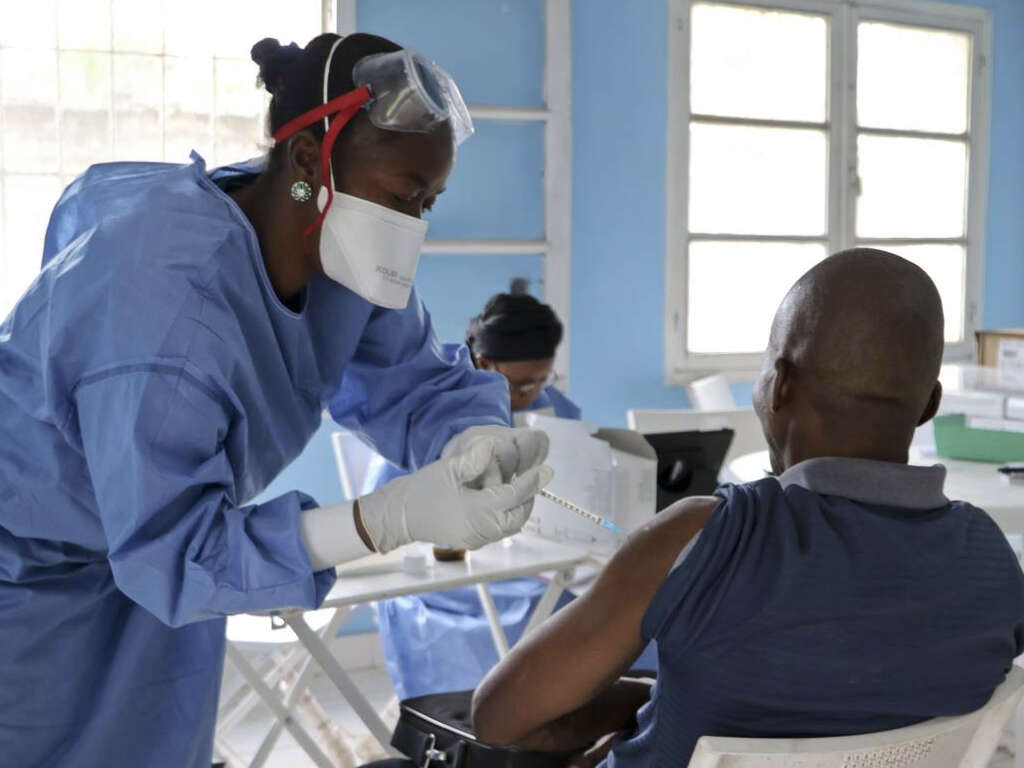What Is Normal Body Temperature?
The most common answer for a normal body temperature is approximately 98.6 degrees Fahrenheit. However, this number is just an approximate that has been used for years. Body temperatures vary based on a number of factors. The average temperature is essential for understanding the signs of fever and other serious issues.
Learn more about your average body temperature and what it means for you. Compare factors that can affect your body temperature, dangers associated with temperature differences and signs that you may need medical attention. Explore the range of average temperatures and find out what new studies are revealing about our average body temperature. Find answers to all your questions today to discover a healthy temperature for your body.
1. What Is the Average Body Temperature?
While 98.6 degrees Fahrenheit is a common temperature cited for the average body temperature, there are many factors that change this number. Primary factors include your gender, age and the type of temperature reading. Your food and fluid intake, activity level and the time of day can also affect your body temperature. As a female, your menstrual cycle also changes your normal body temperature.
For instance, an ear temperature up to 100.4 degrees Fahrenheit in an infant under two years old may be normal; however, the younger the baby, the more sensitive they are to changes in temperature. Those who are over 65 years old will likely have a temperature below 98.6. Don’t let a reading outside of 98.6 degrees worry you, but consult a doctor or a chart of typical readings to discover a healthy temperature range for you.
2. How Is Temperature Measured?
There are four primary ways to measure your temperature. Thermometers can provide an ear, armpit, oral, temporal, or rectal temperature reading. These four types of thermometers can all produce a slightly different temperature, so it’s important to review a healthy range of readings for your chosen thermometer. Don’t let a minor fever concern you, but carefully monitor it for signs of an increasing temperature or other signs of an infection.
For infants, rectal temperature readings are the most accurate. With children aged three months to 4 years, caretakers should use a rectal, armpit or ear reading, while children 4 to 5 years can use any of the four common thermometer options. Adults should use oral, armpit or ear thermometers. When in doubt, try a different temperature measuring option to verify that your temperature is within a healthy range.

3. What Temperature Is Considered a Fever?
Regardless of your age or the thermometer you’ve used, a temperature over 100.4 degrees Fahrenheit is typically considered a fever. Fevers are a common symptom of a bacterial or viral infection. Look for other signs, like sweating, chills, headache or muscle aches, for signs that you may have an infection. Some infections only produce minor symptoms, while others come with serious side effects and need to be treated immediately. A minor fever isn’t typically a cause for concern, but a fever over 104 degrees Fahrenheit in an adult should be treated seriously.
Watch for a fever over 106.7 degrees Fahrenheit. This extreme temperature is called hyperpyrexia and is an emergency. Hyperpyrexia is generally caused by another condition, such as intracranial hemorrhaging, sepsis or a rare side effect of anesthesia. Any issue that causes hyperpyrexia needs immediate medical attention. High temperatures can lead to serious side effects and are typically caused by serious infections or bleeding, so don’t hesitate to contact a doctor.
4. Is a Low Body Temp Dangerous?
Most individuals are concerned with a high body temperature caused by a virus or bacteria. While fevers can be a sign of irregular body temperature, a low temperature can be equally dangerous. A too-low body temperature is known as hypothermia, which can lead to a number of minor and major issues.
Hypothermia is primarily caused by exposure to the elements. Unlike fevers, this symptom is rarely due to an infection but is typically related to the temperature of the air or water around you. Spending too much time outdoors or in water that is extremely cold can dramatically lower your body temperature. As this happens, you may experience severe shivering, a weakened pulse, confusion and even loss of consciousness. Over time, hypothermia can lead to heart failure and death. Avoid low body temperatures by wearing appropriate clothing and practicing cold-water safety.

5. What Factors Affect Temperature?
Your body experiences a wide range of temperatures that are all considered normal. For instance, your temperature after a strenuous workout will be higher than after relaxing on the couch, but both are still considered normal.
Your age, sex, activity level and other factors affect your body temperature. Any body temperature below 95 or above 100.4 degrees Fahrenheit is considered abnormal. For a more accurate range of your body temperature, work with a health professional to monitor your typical body temperature. Slight increases are typical throughout the day, particularly with changing eating habits and activity levels. As the outdoor temperature changes, you may also experience a slight change in your body temperature.
6. Are Children’s Averages Different?
Children and babies may have a slightly higher average body temperature than adults, but the average approaches the adult average as they age. For example, a newborn has an average temperature of 99.5 degrees Fahrenheit, but a two-year-old average ranges between 97.9 and 100.4. This range can be affected by the type of thermometer used and other personal factors.
It’s normal for a baby to have a slightly elevated temperature while teething. Babies tend to sweat less and be less efficient at regulating their temperature, so it’s important to keep a comfortable environmental temperature for your children. Infants are at a higher risk of fever or hypothermia without proper clothing. Young babies can’t regulate their temperature as well, so any sign of an increase in temperature could be caused by an infection or other issue.

7. When Should You Visit a Doctor?
Any severe temperature requires medical attention. If you have a temperature higher than 104 or lower than 95, contact a medical professional. A fever between 100.4 and 104 for a healthy adult should be monitored carefully but isn’t generally a serious symptom. However, if you have an existing heart or lung problem then you should contact your doctor immediately.
Children should get medical attention with a fever of 102 degrees Fahrenheit and infants need medical attention with any fever. Infants in particular are prone to serious infections with even a minor fever, so you should treat any temperature over 100.4 seriously. Failure to contact a medical professional could lead to other issues. While a slightly elevated temperature may be related to teething, it’s important to carefully monitor it for signs of continued elevation.
8. What Is the History of the Average Temperature?
Ever since the German physician Carl Wunderlich measured armpit temperatures in the mid-1800s, the average adult temperature has been set at 98.6 degrees Fahrenheit. However, this study was only based on 25,000 individuals. More recent studies from 1935 to 1999 seem to indicate the average temperature is actually lower.
These more recent studies show an average temperature closer to 97.5 degrees when taken orally. However, these modern studies have exposed many factors related to temperature changes. It’s difficult to determine whether average temperatures have indeed changed or if this difference is only a sign of differences in measuring tools.

9. Has Average Body Temperatures Changed?
There are a few reasons why average body temperatures may have changed over time. A lower metabolic rate is one possibility. Some studies link metabolic rate with body mass. This means that individuals with a larger body mass may actually have a lower average temperature. Other possibilities include improvements in medical treatments and preventive measures. These recent advances have created a healthier society, which may cause a lower metabolic rate and average temperature.
Another possibility is a reduced rate of inflammation. The mid-1800s were full of cases of chronic gum disease, tuberculosis, syphilis and other inflammatory conditions. All these cases could have affected the average temperatures of the original study. Chronic inflammation throughout the population could have artificially raised the results of the study and skewed the findings that led to the number 98.6.
10. How Do You Take Your Temperature?
The most accurate way to measure your temperature is with the latest thermometers and equipment at your doctor’s office. However, you can still take your temperature at home to determine whether you have a serious fever or are experiencing hypothermia. A quality thermometer is a helpful way to keep track of your temperature to spot signs of a fever or to find your own average temperature. Track your temperature for days or weeks at a time to arrive at an average for your body.
The best ways to take your temperature as an adult are oral, armpit or ear thermometers. Look for other signs of a fever to determine whether you need to contact a medical service provider near you. Don’t let a fever increase without notice, but take your temperature at the first sign of an infection to determine the best course of action. Keep track of your temperature to recognize the progression of an infection and seek prompt treatment if needed.











